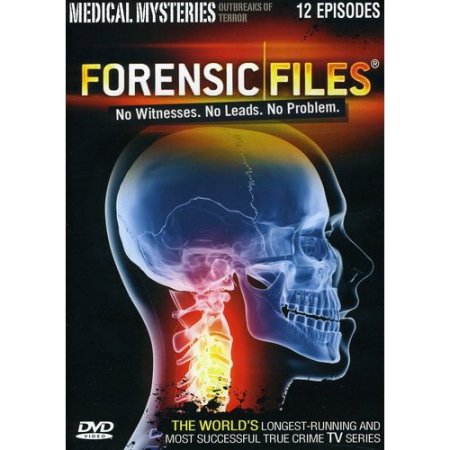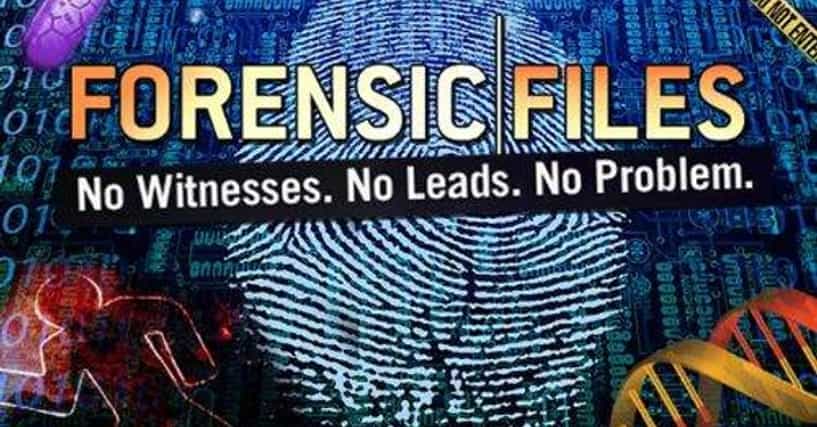Forensic Interview with Mrs. Williams

September 21, 2017
I recently interviewed Mrs. Williams on her perspective of the biologic, chemical and physical science involved with investigating crime and analyzing the forensic data.
Question: To you, Mrs. Williams, what is Forensics science?
“Forensics is the science or evidence of proving a law was broke. If you cannot prove a crime was committed then it’s as if it never happened at all.”
Question: What skill set do you believe is needed to be in forensics?
“Lots and lots of patience, it could take months or even years to get DNA back. Yet, during rush it takes only a couple of weeks. You need to be precise when gathering evidence, consistent and always on your toes. You would need to fair in all situations, never biased. You see a lot of bad things happen in forensics, there is never a good call, so you can’t take things personally as it could affect your ability to perform your job.”
Question: What experiences do you; yourself have in the forensics field?
“My family. My father and siblings all in law enforcement, my father was in the FBI (Federal Bureau of Investigation) and an SRO (school resource officer).My brother, a Dallas S.W.A.T (Special Weapons and Tactics) team sniper and my other brother was a cop in Pittsburgh. So, I was really fascinated with police work and the science behind it.”
Question: What type of education do you need in order to become a crime investigator?
“I suggest a major in criminology which is a four year degree, the alternative, a criminal justice degree, which is only two years.”
Question: What is the most difficult part of the job?
“Definitely, the paper work.”
Question: If you could choose, would you rather work in a lab or crime scene?
“Definitely a crime scene, I used to work in a lab and I did not like it. I like getting dirty and I would rather be outside, I’d say I’m definitely a people person.”
Question: When investigators gather DNA, they normally get their result in about an hour. How long does it typically take?
“If in a rush, blood and DNA results come back in a couple of weeks but if not, it could take almost a year, possibly even more.”
Question: If a suspect has gun residue on his hands, what elements would investigators look at?
“They would use griess paper, or GSR. It picks up lead from bullets, barium from the explosion of gun powder and cadmium from the explosion of the gun powder. If positive, the paper would turn blue.
Question: How would you obtain DNA from a suspect?
“The easiest way is through saliva or spit, after that we would send the swab to the lab to get checked. The results coming back in about three weeks.”


